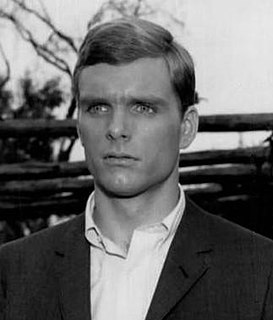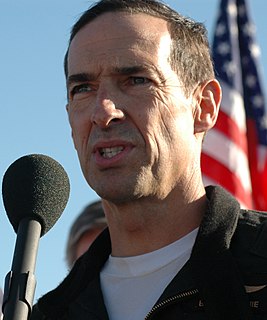A Quote by Michael Mann
As filmmakers, we want the audience to have the most complete experience they can. For example, I interviewed Stanley Kubrick years ago around the time of '2001: A Space Odyssey.' I was going to see the film that night in London, and he insisted I sit in one of four seats in the theater for the best view or not watch the film.
Related Quotes
Young people today are flooded with disconnected images but lack a sympathetic instrument to analyze them as well as a historical frame of reference in which to situate them. I am reminded of an unnerving scene in Stanley Kubrick's epic film, 2001: A Space Odyssey, where an astronaut, his air hose cut by the master computer gone amok, spins helplessly off into space.
It's hard to see a film one time and really "get it," and write fully and intelligently about it. That's a review. That's not film criticism. And there's so many expectations involved, too. You're going in to see the latest Martin Scorsese or Stanley Kubrick film, you really have high hopes, and you can't help but find that it's not exactly what you had in your head going in. Until you can watch it again, you can't accept the work for what it intends to be. It takes at least a second viewing.
I like filmmakers where, if their film comes on and you step in halfway through it, you can recognize that, hey, this is a Coen Brothers film. Or, hey, this is a Stanley Kubrick movie. You can recognize some filmmakers. Like, if you put on a Sam Raimi movie, you can tell that it's a Sam Raimi movie pretty quickly. I like a signature style that people can recognize and relate to, and connect with. I think that is part of why we seek out certain directors. We want to see how they view the world.
I think "Avatar" is kind of a unique category where people are enjoying the unique theatrical experience even though they may have seen it on the small screen. They want to have that immersive, transportive experience. "2001: A Space Odyssey" played for three years at the Loews cinema in Toronto. I remember that. It just kept playing. People wanted to return to that experience. That may not be the best example because I think "2001" took 25 years to break even.
I think film is a world of directors. Theater is a world of actors. Or, theater is for actors as cinema is for directors. I started in theater. Filming is as complete as directing film. In theater, you are there, you have a character, you have a play, you have a light, you have a set, you have an audience, and you're in control, and every night is different depending on you and the relationship with the other actors. It's as simple as that. So, you are given all the tools.
The genius is not in how much Stanley Kubrick does in “2001: A Space Odyssey,'' but in how little. This is the work of an artist so sublimely confident that he doesn't include a single shot simply to keep our attention. He reduces each scene to its essence, and leaves it on screen long enough for us to contemplate it, to inhabit it in our imaginations. Alone among science-fiction movies, “2001'' is not concerned with thrilling us, but with inspiring our awe.






































